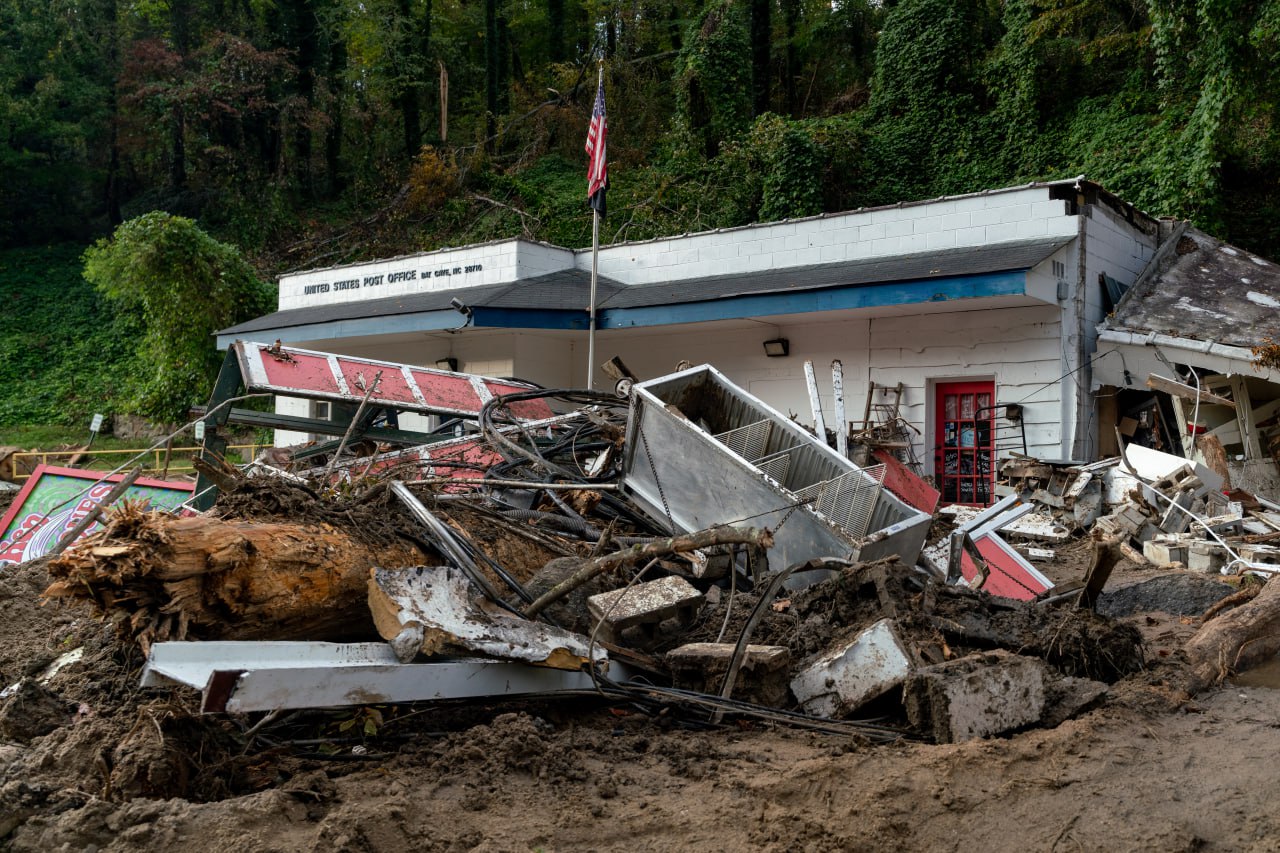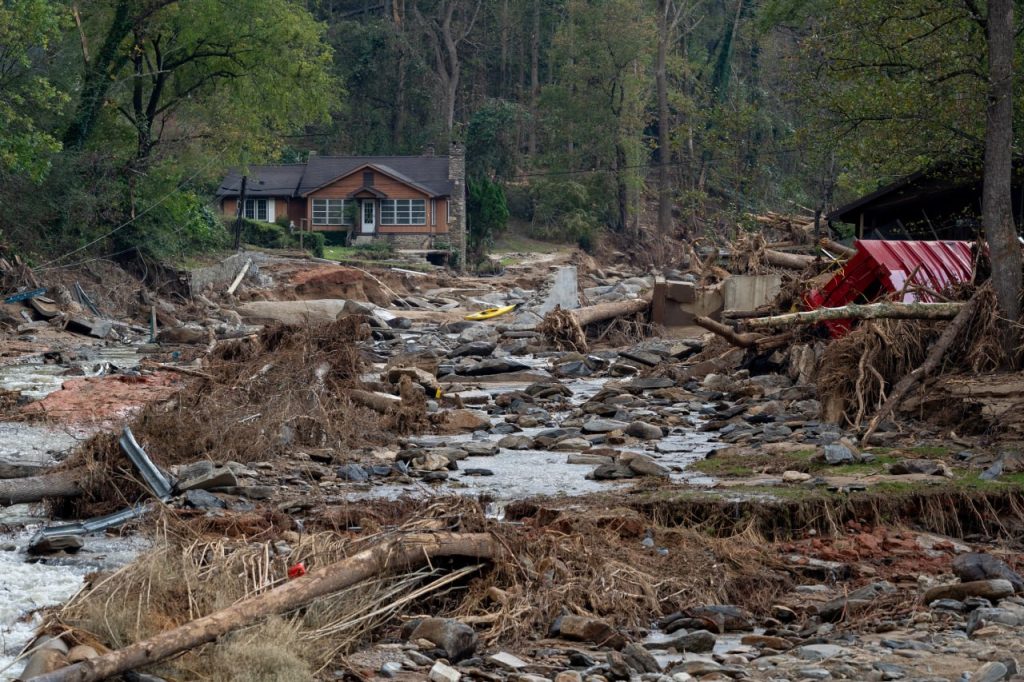How a Faux Tyrannical Presidential Administration Massively & Horrifically FAILED THE AMERICAN PEOPLE Yet The American People Stand Up To Help
Navigating the Aftermath of Hurricane Helene: A Tale of Government Missteps and Citizen Resilience
In the wake of Hurricane Helene‘s devastating path through the Southeast United States, the Biden-Harris administration‘s response has come under a microscope, revealing significant cracks in the nation’s disaster management strategy. Here’s an in-depth look at the criticisms, the government’s actions, and how Americans are stepping up in the face of adversity.
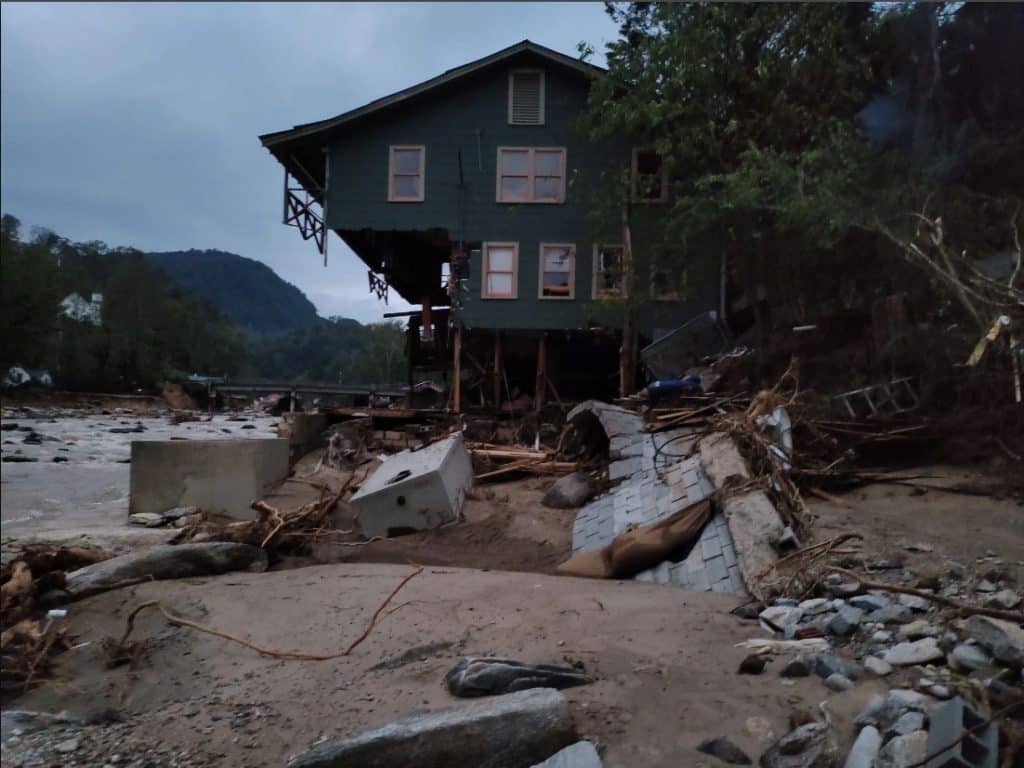
Government Response Critiqued
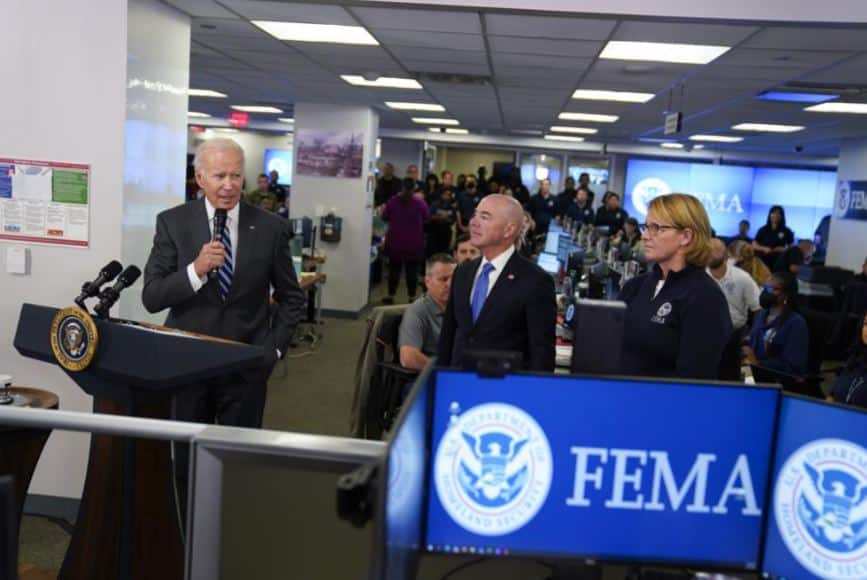
- Speed and Efficiency: Critics argue that the initial response was lethargic, with aid distribution and rescue operations not kicking into gear with the urgency the situation demanded. This delay has been a focal point of contention, with many feeling that the government was caught unprepared.
- Resource Allocation: There’s been a swirl of controversy around how resources are being used. Claims abound that funds meant for disaster relief might be misallocated, with some suggesting that these funds are being diverted to other non-emergency programs or even foreign aid, although specifics on these allegations remain murky.
- FEMA’s Missteps: FEMA, under the spotlight, has been accused of not just failing to deliver timely aid but also of obstructing local efforts. Stories of FEMA confiscating relief supplies intended for hurricane victims have surfaced, painting a picture of bureaucratic overreach rather than helpful intervention.
- Red Cross and Coordination: While not as vocal, there’s been a whisper of disappointment regarding the Red Cross’s response, especially in coordination with FEMA. The perception here is less about significant failures but more about a lack of noticeable impact or efficient collaboration in the immediate aftermath.
The Administration’s Defense

The Biden-Harris administration has pointed to a litany of measures:
- Mobilization: Over 4,500 federal personnel, with more than 1,000 from FEMA, have been deployed, not to mention extensive logistical support like meals, water, and tarps.
- Emergency Declarations: States were quickly granted emergency status, allowing immediate federal aid. This move was meant to fast-track assistance, though the implementation’s pace has been questioned.
- Public Health Response: Declarations of Public Health Emergencies by HHS aimed at addressing health impacts, showing an attempt at a comprehensive approach.
Public Sentiment and Citizen Action
- Criticism and Disbelief: Social media platforms like X have been ablaze with criticism, with users sharing firsthand accounts of FEMA’s alleged obstructionism and the administration’s perceived lack of urgency. These sentiments reflect a deep-seated frustration and skepticism towards governmental efficiency.
- Community and Volunteer Efforts: In stark contrast to the governmental critique, Americans have shown remarkable resilience. Volunteer efforts have surged, with locals and out-of-staters coming together to distribute supplies, provide shelter, and offer emotional support. Grassroots initiatives have become lifelines where official help has been deemed insufficient.
- Private Sector and Non-Governmental Organizations (NGOs): Companies and NGOs have stepped in, filling some of the gaps left by the government’s response. From tech firms providing communication solutions to businesses donating resources, the private sector’s response has been swift, though not without its own challenges in coordination.
Conclusion
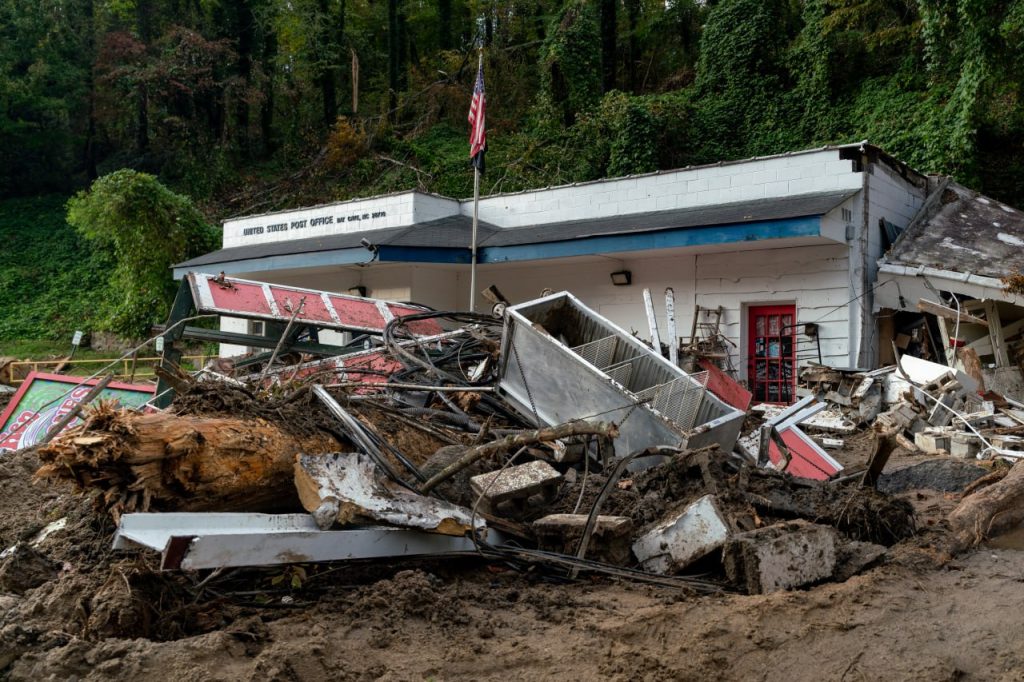
The Hurricane Helene incident has not just been a test of nature’s fury but also of the American spirit. While the Biden-Harris administration’s response has been heavily criticized for its perceived lethargy, misallocation of resources, and bureaucratic blunders, the real story lies in the resilience of the American people. Citizens, private entities, and local heroes have rallied, showcasing a community-driven recovery that might just overshadow the government’s missteps. This event underscores the need for a reevaluation of disaster response protocols, emphasizing speed, efficiency, and perhaps most crucially, community integration in emergency management. As America rebuilds, the lessons from Helene could lead to a more robust, citizen-centric approach to future calamities.


